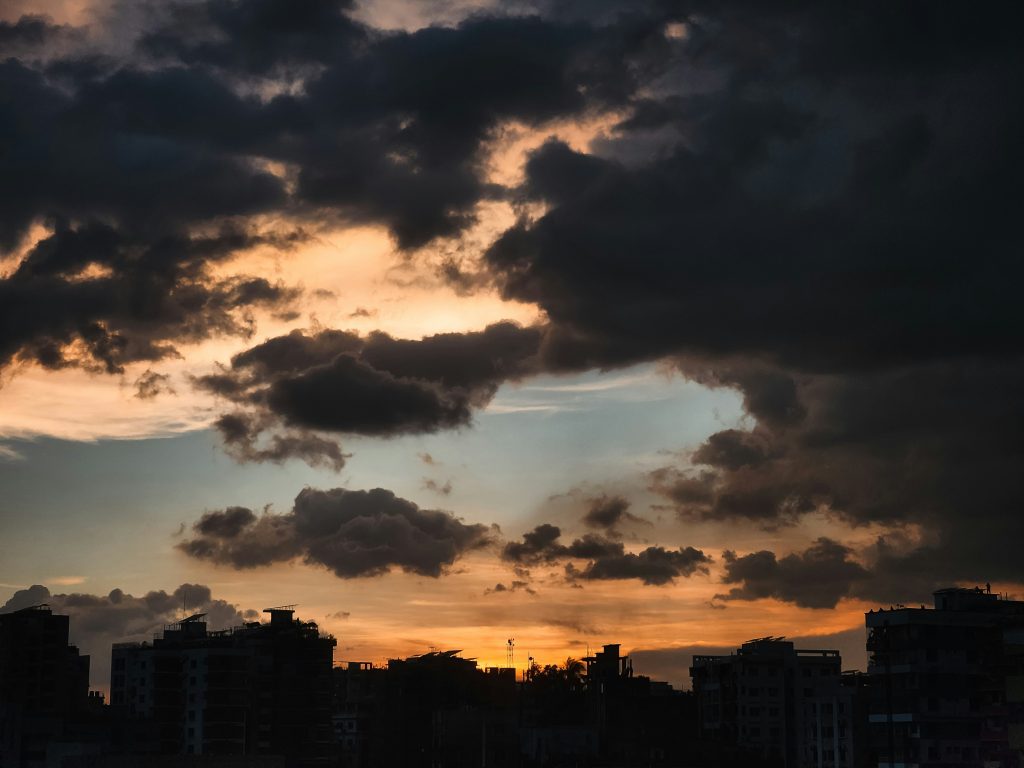In a dramatic turn of events, Bangladesh has been engulfed in violence and protests that have claimed hundreds of lives over the past two weeks. The national turmoil reached its peak when Prime Minister Sheikh Hasina, who has been at the helm for over two decades, was forced to resign amid intense public outcry and unrest. As demonstrators stormed her official residence, the military intervened in an attempt to restore order. Following the chaos, Hasina was evacuated from the country aboard a military helicopter, landing in India as the situation deteriorated further. The unprecedented scale of violence has raised alarms internationally, with the Foreign Secretary of the UK describing the last weeks in Bangladesh as marked by tragic losses. The resignation of Hasina has left the nation in a state of uncertainty, prompting questions about the future of governance and stability in Bangladesh. As the military steps in to maintain order, citizens are left to grapple with the implications of this major political shift. The international community watches closely, concerned about the ongoing humanitarian crisis and the potential for further escalations. Amidst this turmoil, calls for accountability and a return to democratic processes resonate louder than ever. The people of Bangladesh are now at a crossroads, facing the urgent need for change and a hope for a peaceful resolution to the ongoing unrest. This situation underscores the fragility of political stability in the region and the profound impact of civil protests on governance. The world awaits to see how Bangladesh navigates this turbulent chapter in its history and what the future holds for its citizens as they seek to reclaim their voice and rights.

